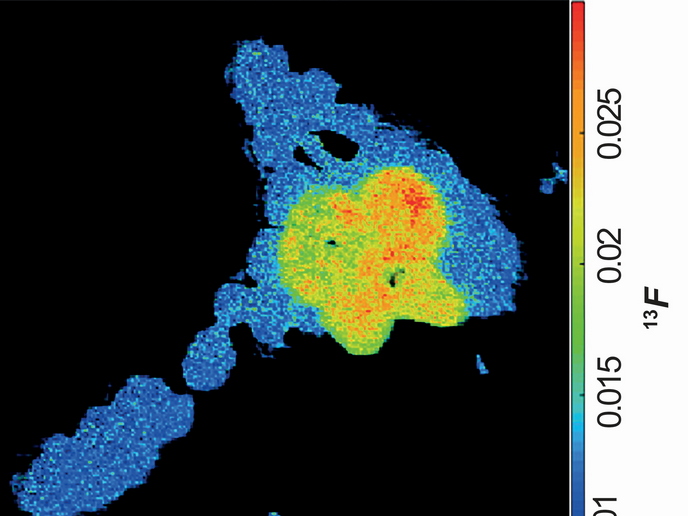Oceanic microbes in the fight against plastic waste
The versatile properties of plastics make them attractive materials for numerous applications, from clothing to packaging. However, plastic waste mismanagement has led to the ocean filling with plastics, posing a significant threat to the natural environment. Moreover, microplastics and nanoplastics which may emerge from plastic degradation are known to enter the food chain with negative consequences for organisms. Plastics are believed to persist in the environment for hundreds of years. However, accumulating evidence underscores a role for microbes in plastic degradation which may reduce the half-life of plastic products.
Ocean microorganisms that degrade plastics
The key objective of the EU-funded VORTEX project is to identify specific microorganisms capable of degrading plastics and to determine the rate of this process. To achieve this, Helge Niemann and colleagues have developed a stable isotope tracing technique using 13C-labelled polymers. “We placed these polymers in oceanic environments and monitored microbial colonisation,” he outlines. This method unequivocally confirmed the existence of plastic-degrading microorganisms or ‘degraders’ within oceanic settings. Notably, the study brought to the spotlight certain microorganisms, such as the marine fungus Rhodotorula mucilaginosa, that effectively degrades polyethylene, providing a tangible demonstration of microbial plastic degradation. Moreover, the investigation revealed distinctive microbial communities associated with different plastic types, indicating a selective colonisation pattern and degradation preference among various plastic substrates. “Physicochemical pre-treatment of plastics, particularly by UV light, seems to accelerate degradation, by rendering polymer molecules more susceptible to enzymatic breakdown” explains Annika Vaksmaa, a postdoctoral researcher in the VORTEX team.
Ecological impact of plastic degradation
Field experiments uncovered compelling evidence that microbes in biofilms set on wild plastics include plastic degraders. This observation underscores the broader ecological impact of microbial plastic degradation. Collaboration with atmospheric physicists led to the detection of substantial quantities of nanoplastics in marine environments using mass spectrometry techniques originally designed for aerosol measurement. This discovery raises critical questions about the sources, fate, and interactions of nanoplastics with microbial life in the ocean. The rate of ocean microplastic degradation was estimated at a few percent per year, suggesting a natural resilience of the ocean against plastic pollution over extended periods. However, the accumulation of plastic debris continues to outpace these natural degradation rates, exacerbating the overall plastic pollution problem. “If plastic pollution were to cease today, it would likely take several generations for the existing plastic in the ocean to degrade,” emphasises Niemann.
Future insight into nanoplastics
Looking ahead, VORTEX aims to map potential plastic degraders across diverse oceanic habitats and delve into unravelling the biochemical pathways and enzymes involved in plastic degradation. The ongoing investigation into nanoplastics, their origin and interactions with microbial life is expected to offer crucial insights into the fate and impacts of these minute plastic particles in marine ecosystems. “Our findings so far have implications that extend beyond the scientific realm, urging policymakers to consider informed strategies for mitigating plastic pollution,” concludes Niemann. Targeted interventions at different stages of plastic life cycles, informed by a deeper understanding of degradation pathways and microbial interactions, are essential to safeguarding oceanic ecosystems from the threat of plastic pollution.
Keywords
VORTEX, ocean, plastic degradation, pollution, nanoplastics, microorganisms, microplastics, Rhodotorula mucilaginosa

